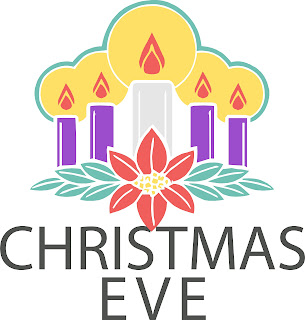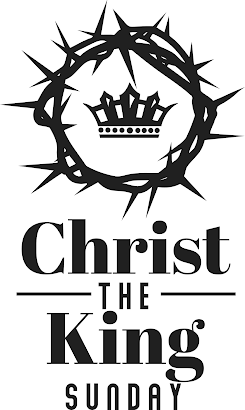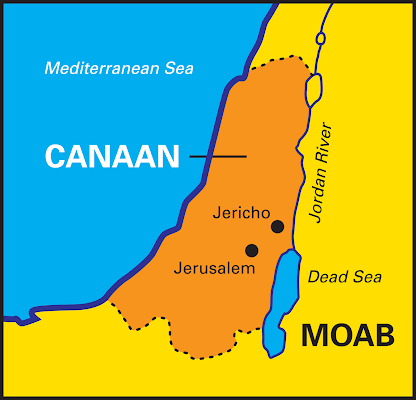Christmas Day- God enters the ordinary

Isaiah62:6-12; Psalm 97; Titus 3:4-7; Luke 2:1-20 With all the celebration and decorations surrounding Christmas we can sometimes miss the ordinariness that was a part of the birth of Jesus. There was nothing special about when Jesus was born. Jesus wasn't born on Yom Kippur, which was the highest holy day in the Jewish year- the Day of Atonement. That would have been a very interesting and theologically appropriate time for Jesus to be born. … But he wasn't, he was born on an ordinary day. The kind of day where you buy your groceries, go to work, clean the house, play with your kids, have coffee with friends. That's the kind of day Jesus was born on. Jesus was born to an ordinary couple- Joseph and Mary. He wasn't born to a king and queen. Or to a high priest and his wife. We probably couldn't pick Joseph and Mary out of a crowd. Joseph was a carpenter, and Mary seemed to be an ordinary peasant girl. … Jesus has some royal blood, be...








